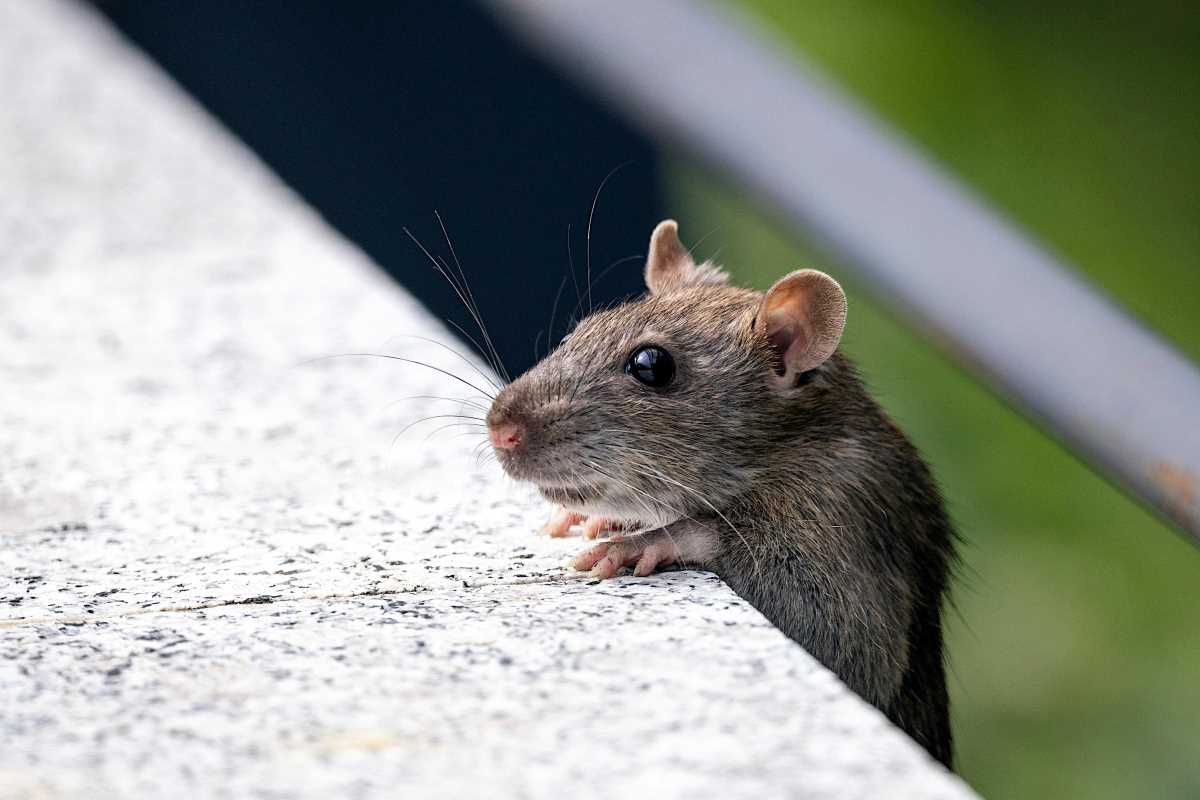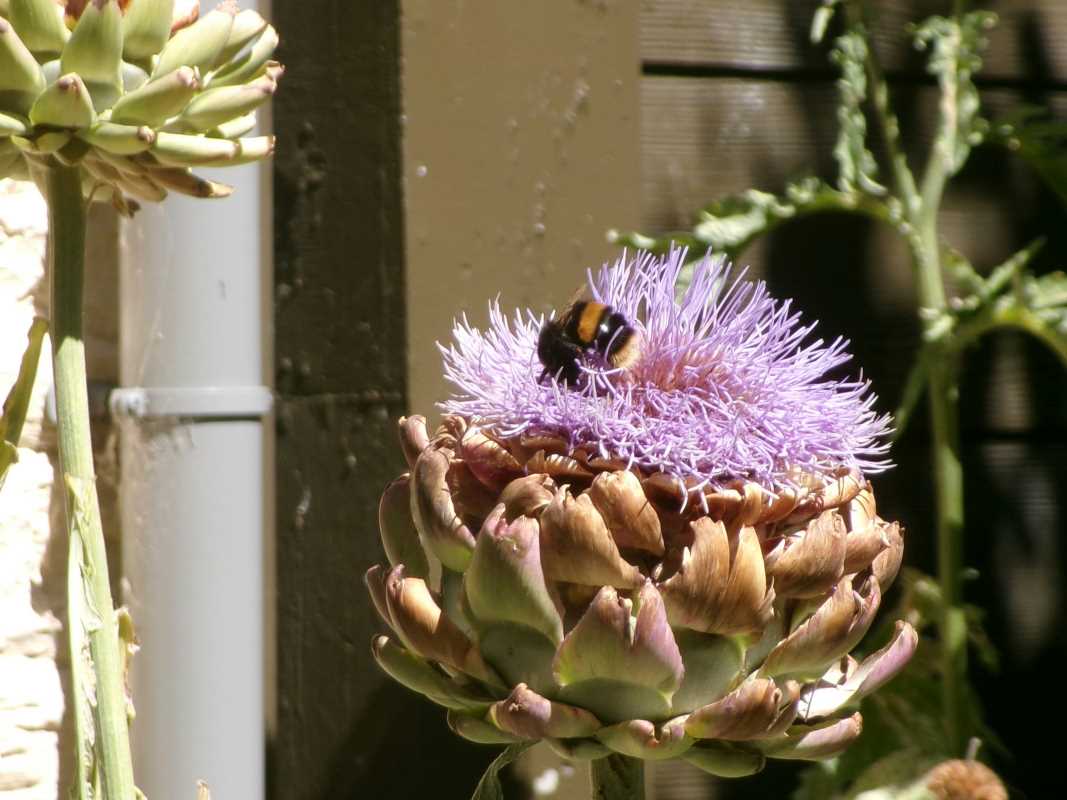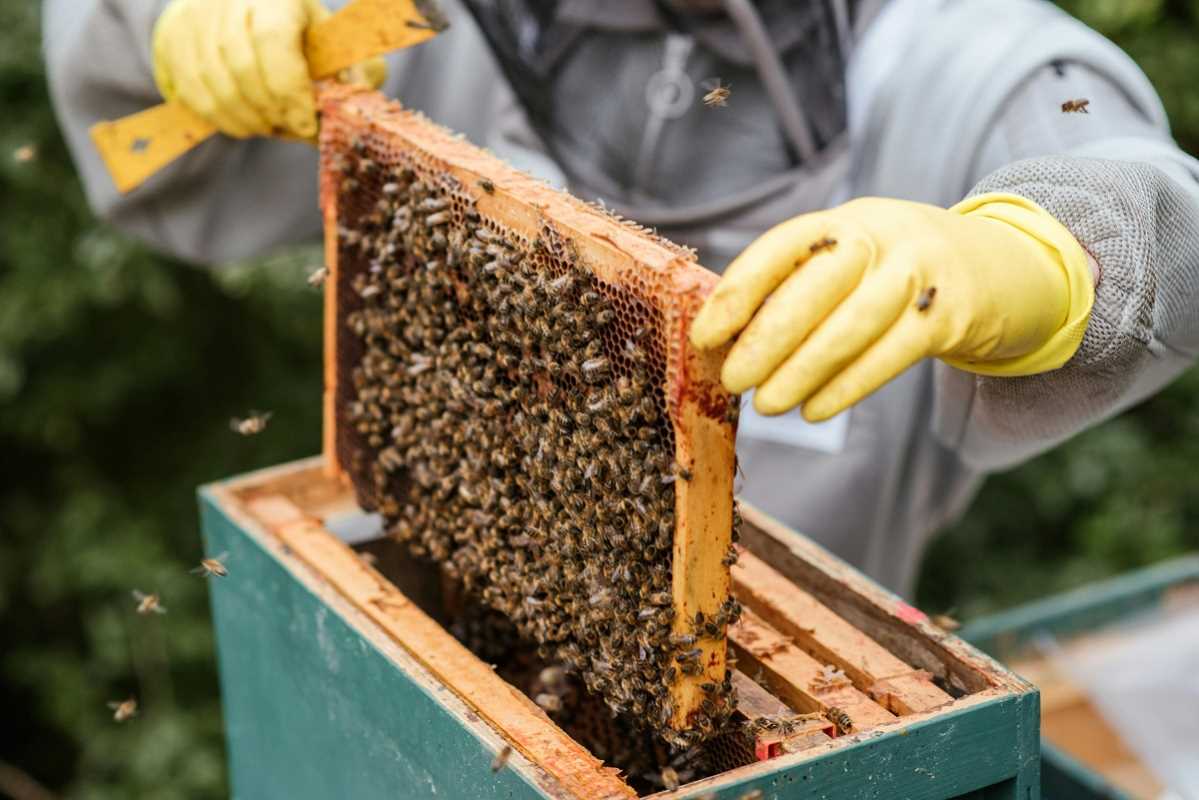Nobody enjoys the sight of ants marching across the kitchen counter or a mouse scurrying into a corner. Pests can quickly turn your home into an uncomfortable environment. But instead of reaching for harmful sprays and lethal traps, why not try natural and humane methods to keep them at bay? Protecting your home and coexisting with nature is easier than you think with eco-friendly, non-lethal solutions.
Whether it’s ants, spiders, flies, or even mice, there are plenty of ways to deter pests without causing harm. Here’s how you can maintain pest control in a natural, cruelty-free way.
Why Choose Natural, Non-Lethal Pest Control?
Before we jump into the methods, it’s worth understanding why adopting humane pest control is beneficial:
- Safety: Chemical pesticides pose risks to children, pets, and even the environment.
- Eco-Friendliness: Harsh chemicals can seep into the soil and water, negatively impacting ecosystems.
- Compassionate Approach: Choosing non-lethal deterrents allows you to protect your home without harming other living creatures.
- Cost-Effective: Many natural pest control methods use affordable, everyday items you already have in your home.
Seal Those Entry Points
The first step in pest prevention is keeping pests from entering your home in the first place. Most pests sneak in through tiny cracks, gaps, or openings that are often overlooked.
How to Seal Your Home:
- Inspect for Gaps:
- Check windows, doors, and baseboards for cracks or openings.
- Pay close attention to entry points around pipes, vents, and electrical outlets.
- Use Caulk or Weatherstripping:
- Seal cracks and crevices with caulk to block invaders like ants or spiders.
- Install weatherstripping under doors and near windows to close off access for tiny intruders like mice or insects.
- Install Door Sweeps:
- Attach door sweeps to the bottom of exterior doors to block crawling pests.
By creating a solid barrier around your home, you’ll drastically reduce the number of pests entering.
Keep It Clean
Pests are drawn to food crumbs and clutter. Maintaining a clean environment can go a long way in preventing unwelcome visitors.
Cleaning Tips to Prevent Infestations:
- Wipe Surfaces Daily:
- Make sure countertops, tables, and stoves are free of food residue.
- Use a vinegar-based cleaner to remove grease, which can attract ants and flies.
- Store Food Properly:
- Keep grains, cereals, and snacks in airtight glass or metal containers. Pests like mice and ants find cardboard boxes easy to chew through.
- Take Out Trash Regularly:
- Empty trashbins daily, ideally using tightly sealed lids to block odors that attract flies and rodents.
- Declutter:
- Mice and insects often hide in piles of paper, cardboard, or unused items. Keep spaces organized and reduce clutter to eliminate potential hiding places.
Natural Remedies for Common Pests
Now that your home is clean and sealed, turn to natural repellents to keep pests out.
1. Ants
Ants are persistent, but they detest certain smells. Use natural deterrents to disrupt their trails without harming them.
- Peppermint Oil Spray:
- Mix 10 drops of peppermint essential oil with 1 cup of water and 1 teaspoon of dish soap in a spray bottle. Spray the mixture around window sills, door frames, and baseboards.
- Bonus benefit? Your home will smell fresh and minty!
- Cinnamon Barrier:
- Sprinkle cinnamon powder along ant trails to confuse their tracking abilities. Its strong aroma naturally repels ants.
- Remove Food Sources:
- Clean up any spills and sweep crumbs immediately to prevent ants from following each other into your home.
2. Spiders
While spiders are beneficial for controlling other insects, it’s still understandable not to want them in your living space.
- Citrus Peels:
- Spiders hate citrus scents. Rub lemon or orange peels along windowsills, baseboards, and wall corners to deter them.
- Vinegar Spray:
- Mix equal parts white vinegar and water in a spray bottle. Apply it to areas where spiders commonly appear. Reapply every few days for maximum effect.
- Declutter Spider Havens:
- Remove cobwebs and keep storage areas tidy. Spiders love dark, cluttered spaces.
3. Flies
Flies can be a nuisance, especially in the warmer months. Try these safe, chemical-free repellents.
- DIY Fly Trap:
- Fill a jar with a mixture of apple cider vinegar and a few drops of dish soap. Cover the opening with plastic wrap and poke a few small holes. Flies will be attracted to the vinegar and get trapped in the jar.
- Basil Plants:
- Flies dislike herbs like basil. Place potted basil plants near windows or doors for a natural line of defense.
- Close Screens:
- Repair torn window screens and avoid leaving doors and windows open without proper coverings.
4. Mice
Mice can potentially damage your home and raid your pantry, but it’s possible to keep them out humanely.
- Steel Wool Barrier:
- Plug small holes and gaps with steel wool. Mice cannot chew through it, making it an excellent barrier.
- Peppermint Sachets:
- Place cotton balls soaked in peppermint oil near entry points, kitchen cabinets, and known hiding spots for mice. The scent won’t harm them but will act as a strong deterrent.
- Clove and Cedar Chips:
- Scatter clove or cedar chips near areas where mice might enter for an earthy, natural repellant.
Maintain the Outdoors
Be proactive in your efforts by limiting outdoor conditions that attract pests to your property.
Outdoor Pest Prevention Tips:
- Clean Gutters:
- Clogged gutters can become breeding grounds for insects and rodents.
- Tidy the Yard:
- Trim shrubs and vines that grow too close to your home. Overgrown plants can provide shelter for mice or bugs.
- Remove Water Sources:
- Get rid of standing water to avoid attracting mosquitoes and flies. Look for buckets, pots, or outdoor tools that might collect rainwater.
- Compost Carefully:
- Keep compost bins covered and away from the house to discourage scavengers like rodents or raccoons.
Coexisting with Nature
While keeping pests out may be the goal, it’s also important to remember their role in the ecosystem. Many insects are pollinators or natural pest controllers themselves. Humane pest deterrents allow us to protect our homes while respecting the balance of nature.
 (Image via
(Image via





